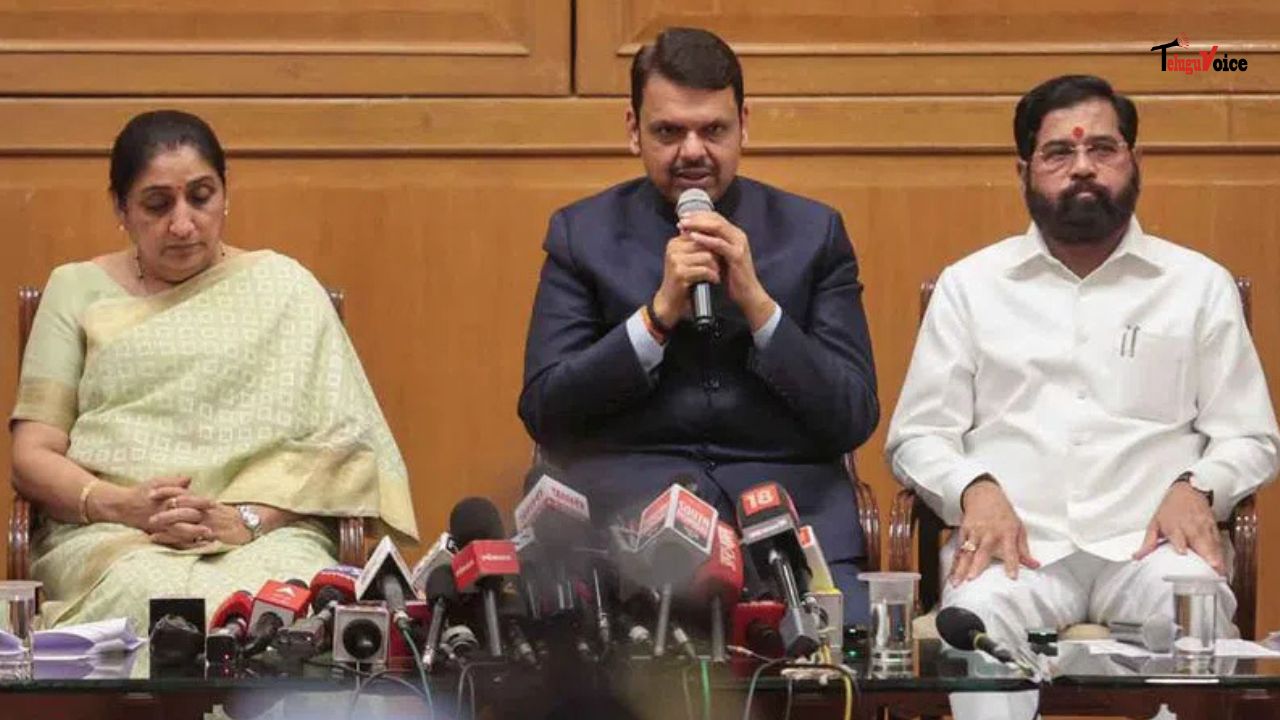AP's new solar policy - targets 5000 MW of solar power

Andhra Pradesh has come up with a new solar policy with the aim to promote widespread use of solar power.
The government has set a target of 5,000 MW of solar power which it aims to achieve by 2023. As per the sources, It has started giving incentives to fulfil its aim.
This policy will remain applicable for a period of five years or until a new policy is issued. Solar power projects (SPP) that are commissioned during the operative period will be eligible for the incentives declared under this policy for a period of 10 years from the date of commissioning.
As per the policy, the Distribution companies (DISCOM's) will procure around 2,000 MW of solar power capacity in a phased manner within the next five years depending on the requirement in the state. The Government will also encourage solar power producers to set up projects for captive use within the state or for third-party sale within and outside Andhra Pradesh. These projects will also qualify for Renewable Energy Certificates (REC) mechanism.
It will also promote solar rooftop systems on public, domestic, and commercial and industrial buildings on either a gross or net metering basis, with consumers free to choose either option for the sale of power to DISCOM's. In the next five years, the state also plans to install 50,000 operational solar-powered pump sets, without any additional financial burden to farmers.
Anmol Jaggi, Founder, Gensol Engineering Pvt Ltd commenting on the policy said: “The new AP Solar Policy, which aims at achieving 5,000 MW of solar power in Andhra Pradesh, shall be operative till 2024. All solar PV power projects commissioned till January 3, 2024, shall enjoy the bouquet of incentives for a period of 10 years from the date of commissioning. Interestingly, the APDISCOM'S shall purchase electricity from solar power projects built in the state with a capacity below 5 MW at feed-in tariff (FIT) determined by the state regulatory commission. The Policy has laid special emphasis on solar parks by tagging a target of 4000 MW in the next five years. As a key feature, these parks shall be consist of various zones like Solar Power Projects, Manufacturing Zones, R & D and Training Centres. Solar manufacturing facilities shall attract special incentives and various facilities from the state government. This appears to be a good measure to help develop solar parks into manufacturing hubs, thus, giving them a colour of industrial development zone albeit restricted to solar. The Policy also seems to have trained an equal focus on the proliferation of rooftops solar projects by allowing both gross and net metering systems of energy accounting. Interestingly, any net exports into the grid during the entire life of the plants will be purchased by the DISCOM's at the APPC prevailing at the time of commissioning of these projects.
Another good measure promoted by this Policy is the freedom given to the group of persons/societies to set up rooftop solar power projects that will be treated as collective generation for supply of power to the households of each society/group member. Piquantly, the energy consumed by individual service connections will be adjusted by the DISCOM's while the balances (either excess or lower) can be billed on a net metering basis. No Distribution losses and charges will be applicable to such projects. This is a good move as it has dismantled the confusion surrounding the energy accounting of individual connections in the group. To make the approval process spotless, project developers will be able to apply for permissions through web portals, while the DISCOM's are required to give their nod within a period of 14 days from the date of application. Then again, 100% energy banking has been allowed against a 5% banking charges in kind. However, there are restrictions over time periods where the banked energy can be utilised. Apparently, bottlenecks surrounding land procurement might ease out a bit, keeping in mind that the nodal agency (NREDCAP) will now procure land from the district authorities at marginal market values and then lease it to project developers. Then again, Deemed Non-Agricultural (NA) status for the land where Solar Power Projects will be accorded on payment of applicable statutory fees. An important highlight of this Policy is the clear intent on smoothening and standardising the approval process with the ceilings being set for approval timelines for various clearances beyond which go-ahead will be deemed as given.”

 South Africa tour of India 2019
South Africa tour of India 2019










Comments